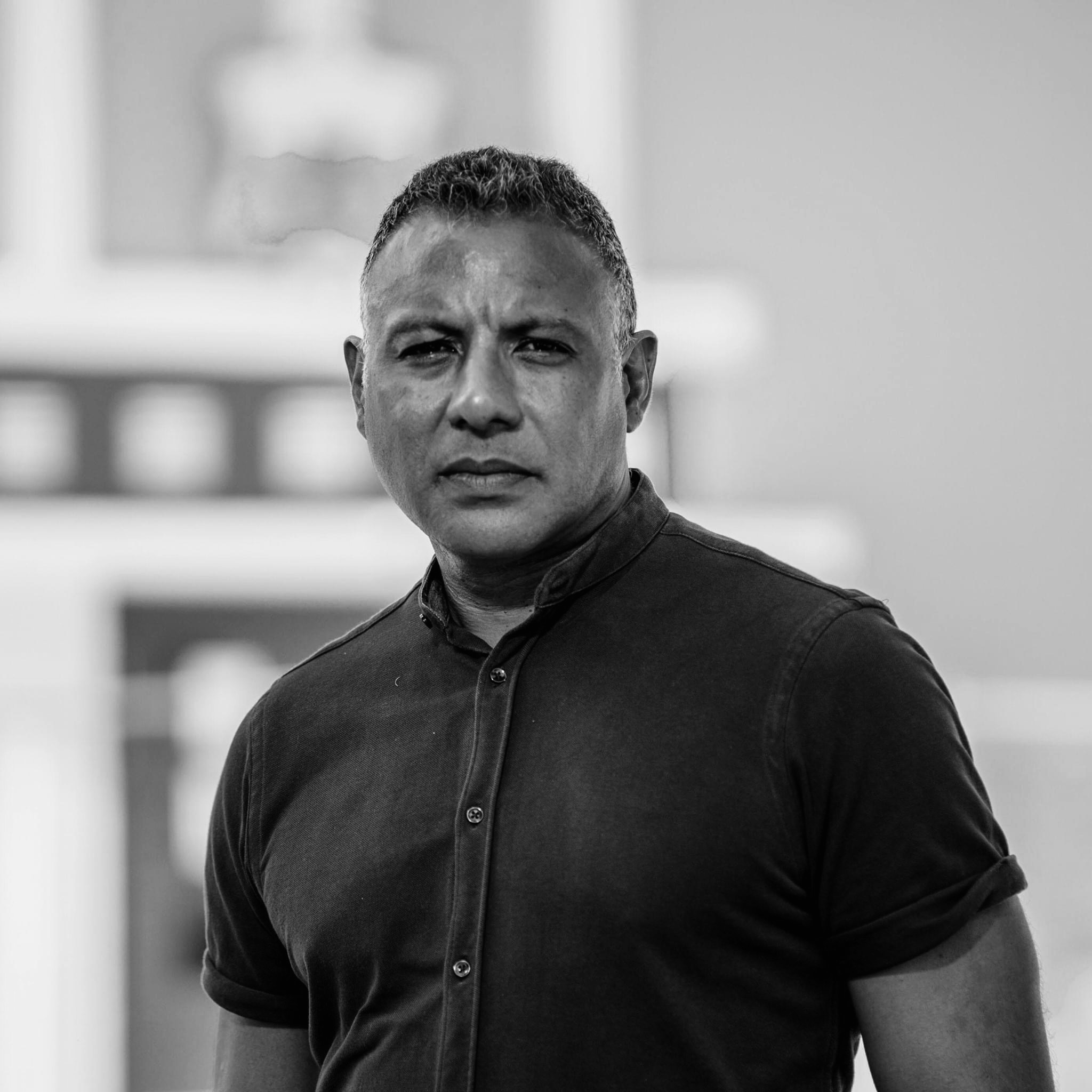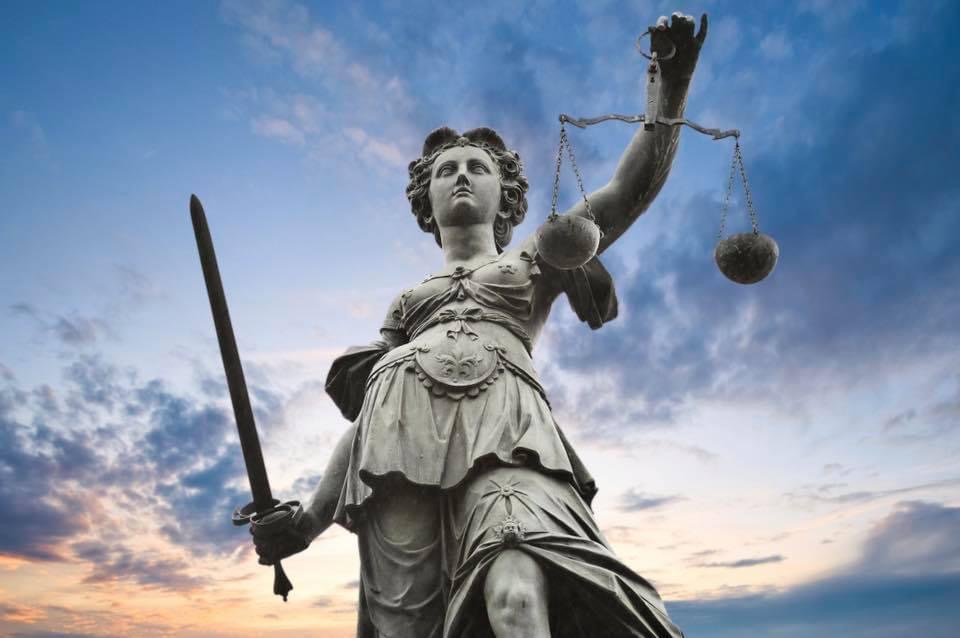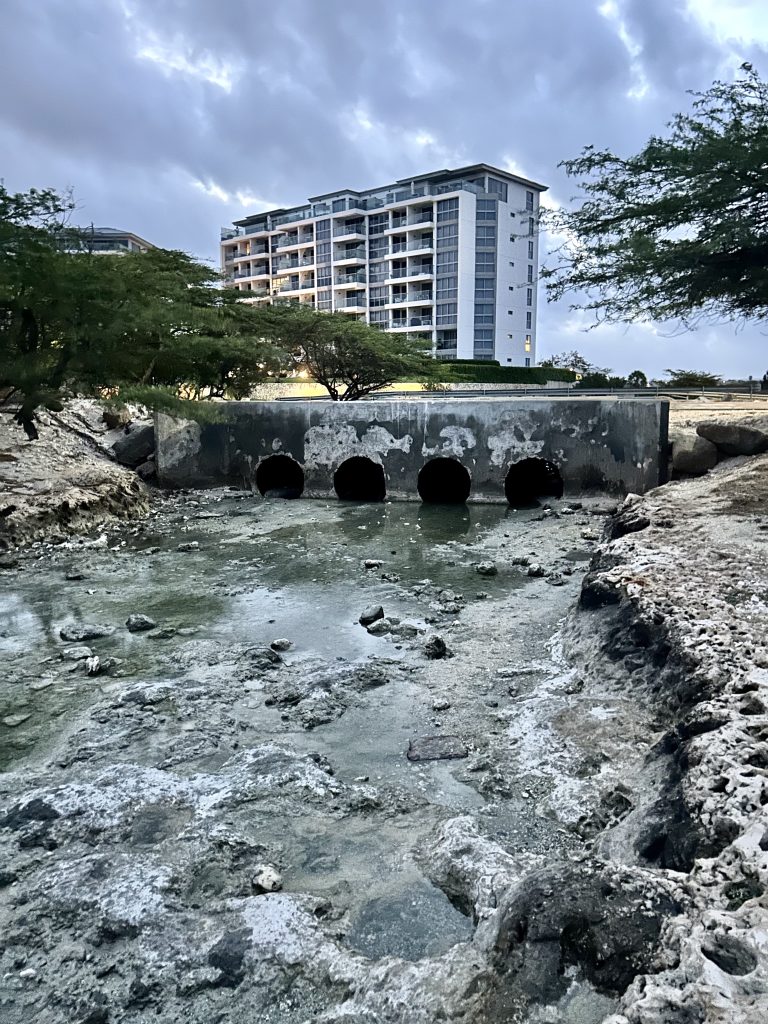26 Years: Upholding the Integrity of Our Judicial System
This week it will be twenty-six (26) years since this kid walked into the Court of First Instance of Aruba building. There was a special hearing of what was then called the Joint Court of the Netherlands Antilles and Aruba. Present were members of the Bar, some judges, members of the press, the partners of the law firm, and some family and friends. The President of the Joint Court, Justice L. de Lanoy (rip), opened the hearing and gave the word to the Prosecutor-General. The prosecutor informed the President that I had requested to be admitted to the Bar and that he had no objection to my petition and concluded that my request should be granted. The President took over and shared his findings on my petition and highlighted some of my education and background. He then summoned me to the bench and administered the oath. The oath is stated in the article 3 of the Lawyers Ordinance:
“I swear allegiance to the King, obedience to the Statute and the Constitution, respect for the judicial authorities, and that I will not undertake or defend any cause that I do not in good conscience believe to be just.”
I walked out of the building as a lawyer Admitted to the Bar and ready to conquer the world. In this week’s contribution, I will share some views about the system I am proud to be a part of and will continue to contribute to and advocate for long after I hang my toga.
Respect for the judicial system authorities
This is a part of the oath and an essential aspect of being a lawyer. What does this section of article 3 of the attorney’s oath imply? Is it merely suggesting the obvious requirement that attorneys must not behave rudely towards judicial authorities? I believe so. The Code of Conduct of Lawyers also requires lawyers not to express themselves unnecessarily hurtfully. This would especially hold when addressing the bench. Failure to do so can cause a lawyer to be reprimanded by the bench or confronted with an ethics claim. To err is to be human. Judges are humans, too. It is a fact that judges can also deviate from the law or make a factual mistake or a wrong judgment call. For this reason, the law provides mechanisms such as recusal and appeals. Attorneys precisely have to utilize these legal resources when necessary. In my practice, I have filed many appeals, some of which were drafted in my head as soon as I realized that I “lost” the judge during a hearing in the Court of First Instance. While I have deliberated with colleagues over the years on whether to recuse a judge in a specific instance, I have not asked for any judge to recuse themselves. One time, I did express my concern to a magistrate about his impartiality because the judge had ruled in proceedings between the same two parties a few weeks before. This discussion was held respectfully, with me towards the bench, and the bench also treated me with the same courtesy and respect. In short, the judge stayed, and two weeks later, I received a favorable judgment.
Not everybody is a lawyer
Not everybody has taken a lawyer’s oath or is bound to the Code of Conduct when dealing with judges. Still, everybody should show the required respect to the representatives of our judicial system. It is not about the person of the judge; it is about showing respect for the judicial system. A system that we all benefit from having every single day of our lives. One couldn’t imagine life in Aruba without the institution of our courts. Recently, individuals outside the legal profession have questioned the sanctity and integrity of our judicial system using an open letter to the media, social media postings, and a press conference. In these statements, the integrity of various judges of the Court of First Instance of Aruba and some lawyers were questioned. With a sense of responsibility and commitment to the principles of justice and fairness, I am compelled to address these concerns and reaffirm the foundational pillars upon which our legal system stands.
The judicial system
First and foremost, it is essential to recognize that our judicial system, comprising dedicated judges and (admitted) lawyers, operates under a stringent oath of office. This oath is not merely a formality but a solemn vow to uphold the law, administer justice impartially, and protect the rights and freedoms of all individuals. The judges in our Court of First Instance and other judiciary members named in recent public discourses have demonstrated an unwavering commitment to these principles throughout their careers. This commitment is nothing new but a standard that the Court upholds. The allegations against one or more judiciary members and certain lawyers by individuals not admitted to the Bar lack a foundational understanding of legal principles and the intricacies of legal practice. I have seen some specific decisions they have questioned and can opine that their allegations are untrue. Having been a practicing attorney for nearly 26 years, admitted to the Bar of Aruba, Curacao, Sint Maarten, and the BES islands, and having served as the President of the Aruba Bar Association, I have had the privilege of engaging with our legal system for a long time. This experience has given me a comprehensive understanding of the mechanisms of justice and the ethical standards governing our profession and that of the judges.
Integrity
Throughout my career, I have stood before many judges, advocating for my clients, and have been rigorously questioned by both opposing counsel and the bench. I have had discussions with the bench that can escalate or be perceived as confrontational, but I have not had cause to doubt these judiciary members’ integrity, impartiality, or intentions. It might be time for me to hang my toga the day I do.
Recuse or appeal, not attack
While it is natural in legal proceedings to encounter decisions that may not align with one’s hopes or expectations, our judicial system is built on the premise of fairness and the right to appeal. This critical aspect of our legal framework ensures that no decision is beyond scrutiny and that justice is served through a balanced and reasoned process. As I mentioned before, Our legal framework provides ample recourse for those aggrieved by judicial decisions or the conduct of legal professionals. These mechanisms ensure accountability, transparency, and the continuous upholding of justice. Concerns should be addressed through these established channels rather than through unsubstantiated public denunciations with no constructive purpose. The recent attacks on the character and professionalism of our judiciary members and certain lawyers are unfounded and undermine our legal system’s foundations. It is crucial to remember that judges, bound by their oath and ethical obligations, cannot engage in public disputes or defend themselves against personal attacks. Such actions disrespect the individuals in question and erode public trust in our judicial system. I do not speak on behalf of the Aruba Bar Association but as an individual attorney. However I wonder why the Bar has not addressed this matter publicly, unless the Bar has and I missed it.
Not happy with the court
The Joint Cout has a complaint procedure. What can you complain about? You can file a complaint if you believe the court or someone working there has not treated you properly. This could also be a judge who is working at the court. This could be if you have to wait too long to respond to your letter, request, or the processing of your case. Or if you feel that you should have been spoken to correctly by someone employed by the court. Through this mechanism, the court provides a recourse for anyone who feels grieved to bring this to the court’s attention. What can you not complain about? The complaints procedure is not intended for cases where you disagree with a judge’s ruling or other substantive decisions. If you disagree with a decision, you can file an appeal or objection, depending on the nature of the case.
Board of Supervision
Lawyers are also under supervision. The Board of Supervision (Raad van Toezicht) is established by law. This board consists of a judge from the Court of First Instance of Aruba and two attorneys. The office of this body is at the Court of First Instance of Aruba. Its primary function is to oversee the professional conduct of attorneys. They do this independently whenever they receive a written complaint against one or more attorneys. Complaints are evaluated based on criteria outlined in the law, as well as the code of conduct and ethical rules that the bar association has established for itself. In this way, the legal profession has a self-regulatory system.
Support
I stand in unwavering support of our judiciary and the legal professionals who dedicate their lives to the service of justice. I urge our (legal) community to reflect on the principles of fairness, respect, and the rule of law that are the bedrock of our society. We must respect the processes established for the administration of justice and uphold the integrity of our legal system for the benefit of all.

Thank you
I can’t put a period to this week’s reflection without thanking my firm colleagues over the years, staff members, past judges, (some) prosecutors, journalists, and other members of the Bar for being part of my career and contributing to it in one way or another. A particular word of thanks to all my clients who have allowed me to be their trusted advisor. Advocating for you has been an honor. I owe it all to you, and my sword, a.k.a. my brains and my pen (or keyboard), will continue to serve you for the years to come. Last but not least, thanks to Mom (rip) and Dad, whose genetic mix I am sure is responsible for penmanship and many other things. One love!
See you next week #YourFavoriteColumnist #YourFavoriteLawyer















